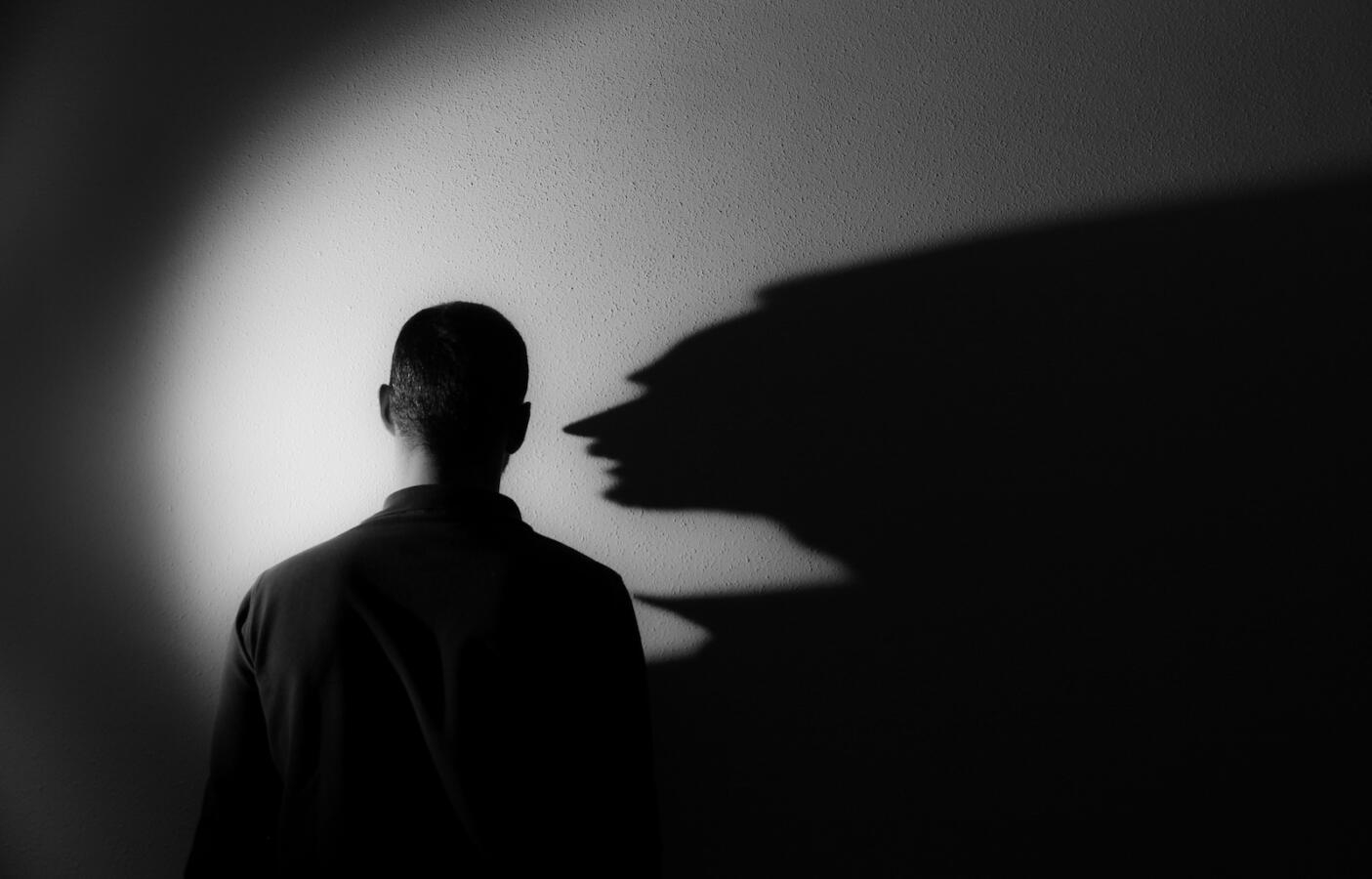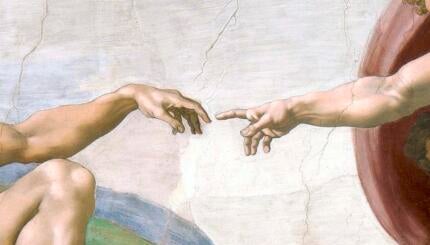Hostility originates in the disowned and unacknowledged elements within us. That, at any rate, is the claim of a body of research based on the work of Carl Jung, the Swiss psychiatrist and founder of analytical psychology. Jung introduced the concept of the shadow, the unconscious part of ourselves that we are unable or unwilling to acknowledge. Those elements we repress stem from painful experiences that give rise to difficult emotions such as shame, jealousy, rage and grief. “The level of hostility a person exhibits is proportional to the amount of shadow,” writes Roderick Main, a professor in the Department of Psychosocial and Psychoanalytic Studies at the University of Essex.
At this moment of intensifying hostility within our communities and devastating levels of violence in our world, this week’s Torah portion offers us glimmers of insight into how we might heal society’s fractures and open a way towards peace: We must stop projecting our shadow on to others, and instead grapple with it for ourselves.
As the portion opens, Esau is on the march toward his brother Jacob, whom he has not seen since Jacob stole his birthright and ran away, evading responsibility. Jacob gets word that Esau is approaching with 400 men and becomes afraid and distressed. Rashi says the fear is that Esau will kill him, while the distress is that he will have to kill Esau. Either way, this already hostile situation seems likely to end in violence.
It is easy to imagine Jacob preparing to meet his brother by doubling down on a path of self-interest and plotting a preemptive attack. What’s more difficult to imagine is what he does instead.
With your help, My Jewish Learning can provide endless opportunities for learning, connection and discovery.
Before meeting his brother, Jacob creates the conditions to first meet himself. Jacob separates himself from all that he has amassed and places it on one side of the Jabbok river where his family is camped. He then crosses back to the other side empty-handed and unescorted. That night, vulnerable and alone, shorn of all that has come to define him, a mysterious figure appears and wrestles with Jacob until dawn. As day breaks, Jacob demands from the figure a blessing. It is then that he is renamed Yisrael — one who has struggled with beings Divine and human and endured.
According to Jung, this kind of transformative experience of the Divine is “a force … that will only function and express itself where there is a true dialogue between ego-consciousness and the unconscious.” In this light, we can understand the mysterious figure with whom Jacob wrestles as representing the disowned, unacknowledged elements within that he finally brings to consciousness. Jacob emerges from his dark night of the soul humbled, hobbling and blessedly transformed. When dawn breaks and he and Esau finally meet, there is no hostility or violence. Instead, in an act of tender intimacy and relief, the brothers embrace and together they weep.
We aren’t told how Esau prepares for this encounter, or why he was able to meet Jacob with open arms. We could imagine that he prepared for multiple possibilities, including a hostile encounter. But with its focus on Jacob, the text seems to suggest that the changed contours of the conflict have much to do with the wrestling Jacob did within his own soul. We can infer that without this internal work, this story could have been the beginning of ongoing war, rather than a tender reconciliation. It was only after Jacob engaged in the wrenching, humbling work of grappling with his own shadow that the conflict could resolve.
The Torah is not meant to be a straightforward guidebook for how to navigate the world. But perhaps Jacob’s wrestling with his shadow can offer us clues towards actualizing the new realities we seek.
Each one of us has the capacity to do the inner work that changes how conflict unfolds. In this difficult and divisive time, what if we, like Jacob, acknowledged the fear and distress that we feel? What if we risked being “alone,” separated from the beliefs, narratives and identities that have come to define us, allowing for the vulnerability and disorientation that necessarily will arise? What if we wrestle with the difficult questions and challenging truths that come to meet us? Perhaps if we are tenacious enough to stay with the struggle long enough, we, like Jacob, will discover the blessing it contains.
This article initially appeared in My Jewish Learning’s Shabbat newsletter Recharge on Dec. 2, 2023. To sign up to receive Recharge each week in your inbox, click here.



